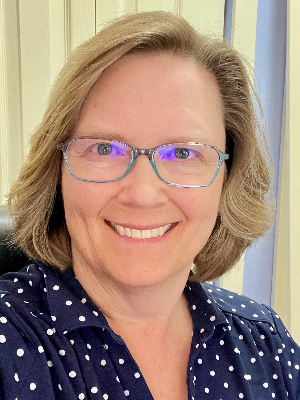
May 6-10, 2024 - Virtual via Zoom
Have you ever been asked to rate your child, or someone important to you, on a scale from 1 to 7? Have you ever been told you’re not performing at the level you should be in your job, at school, or in a relationship? On the other hand, has someone ever said “Holy cow, that’s amazing! I can’t wait to see what you do next!” or maybe “Your son has mastered addition and subtraction. He’s ready to move on to multiplication”? Individualized Family Service Plan (IFSP) teams use the Child Outcome Summary (COS) process to summarize each child's functional participation in everyday routines and activities, using information from many sources. These include assessment and evaluation tools, parent report, observation, and through an understanding of the family’s cultural expectations for their child’s development. Using a strength-based approach is the key to engaging families in a positive conversation about how their child is doing and where they are going next. This session will give participants the tools to do that.

Michelle holds a BA in Elementary Education and a M. Ed. in Early Childhood Education from Eastern Washington University. Michelle has nearly 30 years experience in early childhood education, including Head Start and Early Head Start. She joined the ESIT state leadership team in 2019 where she provides program support for service deliver, training, and supports agencies during monitoring for quality and compliance.

Adrienne holds a Bachelor of Arts in Sociology and a Master’s in Early Childhood Special Education. Her professional experience includes many roles in the Part C systems in Alaska and Washington since 2009. At the local level these include service coordinator, intake coordinator, special educator, and program director. At the state level these include training, workforce development and technical assistance specialist and team manager. Adrienne currently works with the ESIT State Leadership Team where she develops and delivers training, supports the in-service training framework, and develops guidance for ESIT professionals.